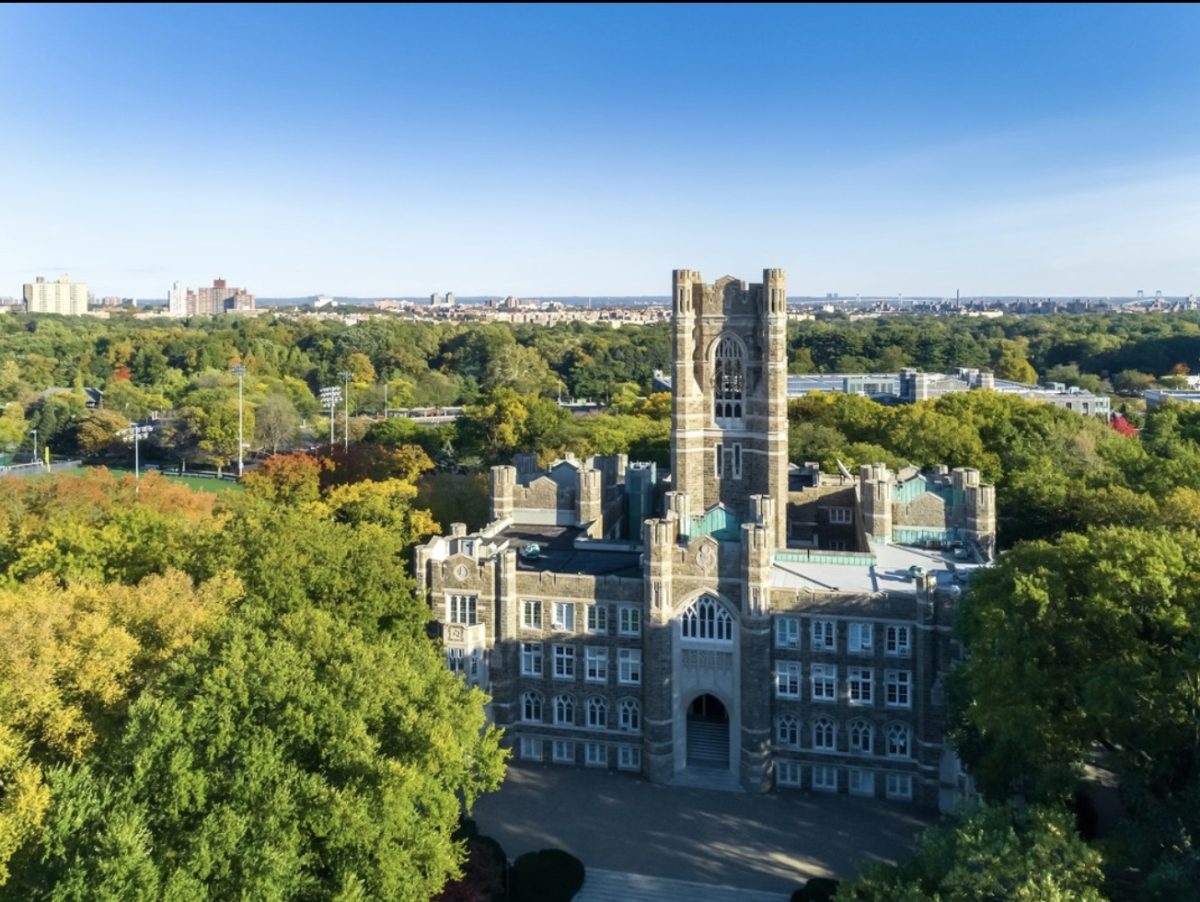Ramily, it’s time for a talk — some of us are incredibly ignorant when it comes to the financial capital we hold in the Bronx. It’s not hard to see that some of our peers view the Bronx borough as a barren wasteland overall with exceptions of Arthur Avenue, Belmont, the Target on Fordham Road and the Metro-North station they use to escape to Manhattan every weekend, which they redundantly dub “the city.” The Fordham administration also doesn’t do anything to change this belief system, only advising students to visit school sanctioned areas of the Bronx and helping feed into a misguided belief that the Bronx is much more dangerous than other urban areas. You know, sometimes, when engaging with some students from Fordham, it leads you to wonder if they view those outside of our gated manor as people. I’m not trying to be inflammatory here — I genuinely wonder if some of us on campus realize those outside our campus are real people who live here and are affected by our actions.
This question was spurred by a proposal in November 2023 from the Fordham United Student Government (USG) centered on increasing off-campus housing options as a solution to the overcrowding and uncertainty of current on-campus housing as a result of the recent uptick in Fordham’s incoming classes. USG’s solution to this issue is a university partnership with CollegePads — a site designed to help students find off-campus housing more easily and eliminate broker fees by connecting students directly to landlords. This is a fix that would give the students at Fordham yet another edge over local Bronx residents in NYC’s housing crisis. Under this proposal, not only would Bronx residents have to compete with the massive wealth disparity between them and Fordham’s student body, but they would also have to compete with the fact that Fordham students would now have access to an exclusive housing market.
This isn’t new, though; housing has already been biased to Fordham students as landlords in the area continuously hike rent prices to suck funds from eager students ready to ditch campus at the expense of the local population. In 2021, according to the Furman Center, the median rent was $1390 in the Fordham University Heights area, an increase from $1,160 in 2006. Of those that live in the area, over 60% felt in some way rent-burdened — an unsurprising fact as the rent in Fordham matches the salary of a $50,000 earner in an area where the median income is $37,000. That $50,000 number itself is a bit of an underestimation because if you wanted to live in the area without your rent eating up 35% of your income, you’d ideally want to be earning more around the range of $60,000-$70,000 range, an income only earned by 34.2% of individuals living in the Fordham area, which pales in comparison to the over 64% of Fordham students that come from families that bring in double.
The solution to our housing crisis isn’t to add to the current housing war between Fordham residents and students who influence the increase in rent/ Instead we should acknowledge an uncomfortable truth — it’s time for Fordham University to scale back and stop letting in so many students. The Fordham administration is so preoccupied with revenue and competing with the other big schools in the city that they haven’t acknowledged that we can’t possibly house the thousands we admit every year on our 85-acre campus. Fordham should not repeat the mistakes of Columbia University by cannibalizing the surrounding community because of institutional greed and mismanagement about admissions. A report about college housing shows, since 1968, Columbia has turned 6,000 rent-controlled apartments into university housing, displacing hundreds of families to service their student body. If the USG proposal were to go through, then Fordham would be embarking on a similar venture of buying up housing in the area.
We should say no to USG and no to any proposal that promotes encroaching on the Belmont community to serve our needs. These are people who have lived here before us and will continue to live here decades after we graduate. It is our responsibility as guests to respect them and stand up to any suggestions that try to encourage displacement — even if it means you have to spend your first year in a triple instead of the double that you wanted.
Jaylin Seldon, FCRH ’27, is a philosophy major from Bronx, N.Y.









































































































































































































